


Ulcers are lesions located in the digestive system, most often in the intestines and stomach. When acid in the stomach touches them, extreme pain is the result. The treatment often involves antibiotics to combat the bacteria and antacids to reduce acid stimulation. Another way to help the ulcer is to be careful of certain foods because they can make the pain much worse.
When you are having a stomach ulcer, you had better avoid the following foods. But since everyone’s digestive system is different, not all foods will affect you the same way.
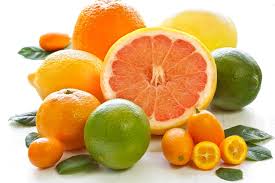
The biggest sources of foods to avoid with a stomach ulcer are foods high in acid. Foods that are especially acidic include tomatoes and citrus fruits such as oranges, lemons, limes, and grapefruits. While these acidic foods are usually tasty and nutritious with plenty of vitamins and minerals, the higher acid content can worsen the ulcer condition. Research has indicated that certain acidic foods can worsen ulcer problems because they lead to the release of pain-related neurotransmitters.
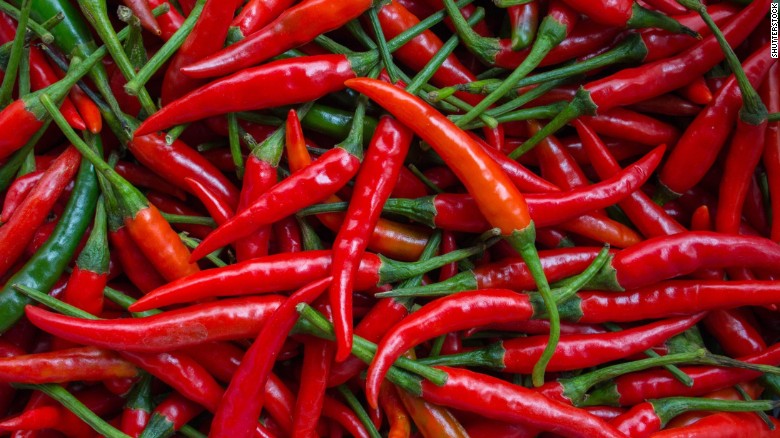
Some might believe spicy foods cause ulcer, but that’s not true. However, they can increase the discomfort from ulcer. Avoid the foods that contain cayenne, chili, pepper, curry and ho source, etc.
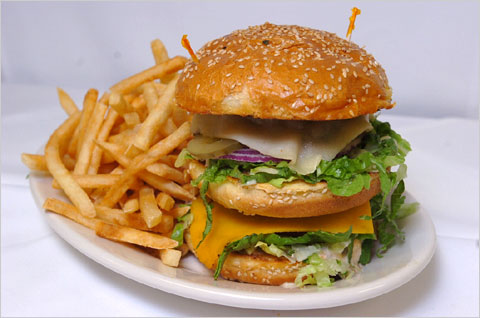
Foods to avoid with an ulcer include fatty foods. They usually stimulate the digestive system to maximize the production of stomach acid, leading to some of the most severe ulcer pain. Buttery, deep-fried, overly-processed foods often contain plenty of unhealthy fat and should be avoided in an ulcer attack.

An individual’s reaction to alcohol consumption can vary widely, but many ulcer suffers notice their symptoms getting worse when they consume alcohol. This is because alcohol can exacerbate gastric inflammation and erode the stomach lining.

Coffee is not likely to cause ulcer, but it can worsen the ulcer symptoms. Coffee is acidic in nature. When it touches the lesions in stomach, it can cause a sense of burning, making the pain worse.

The proteins and calcium in dairy products can stimulate the digestive system to produce more stomach acid. On the other hand, diary can sometimes make ulcer symptoms better because the probiotics in certain dairy products, like yogurt, can alleviate stomach irritation. So you need to make sure that yogurt will not aggravate your ulcer condition before eating it for the probiotics.
Just like there are foods to avoid with an ulcer, there are also foods that can make the symptoms better. The specific foods that help will depend on the person, and some common beneficial foods are below.
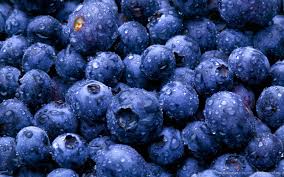
Flavonoids in antioxidants are shown to reduce the growth of Helicobacter pylori, a type of bacteria that can cause ulcers. In addition to ulcer alleviating advantages, antioxidants have other benefits, like cancer prevention. Many fruits and vegetables are rich in antioxidants, such as blueberries, cherries, squash, etc.

A 1997 study showed that those consuming a generous soluble fiber diet had a much lower chance of getting an ulcer. In fact, the chance of getting an ulcer dropped 60%. Common foods that have plenty of soluble fiber include prunes, apples, oats, legumes, beans, and pears.

Probiotics are “good” bacteria usually found in a person’s digestive system. By eating probiotic foods, you can increase the amount of good bacteria and reduce the amount of bad bacteria, which is important to reduce irritation and improve ulcer healing. Besides yogurt, foods high in probiotics include kefir, kimchi, sauerkraut and miso soup.
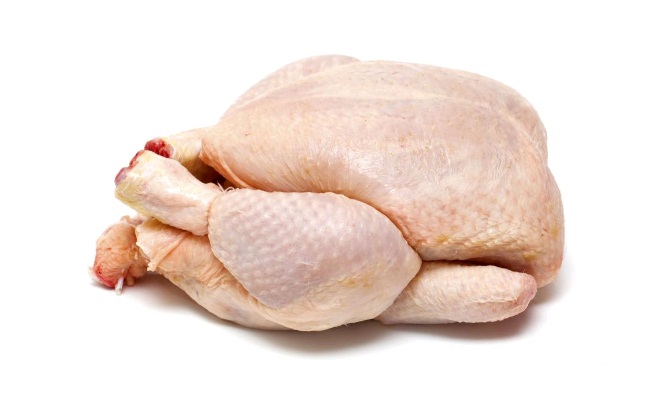
The lean proteins like poultry and fish can help fix gut wall. Omega-3 fatty acids found in fish are good for ulcers because they are anti-inflammatory. Examples of healthy fats include olive oil, avocado and ghee. While unhealthy fats are foods to avoid with an ulcer, these good fats are actually beneficial.

Vitamin A is key to your body’s ability to make stomach mucus, which serves to protect the inside lining of your stomach from the acid. By eating plenty of vitamin A foods, you create more mucus, which can reduce the pain from an ulcer. Foods rich in vitamin A include spinach, liver and sweet potatoes.